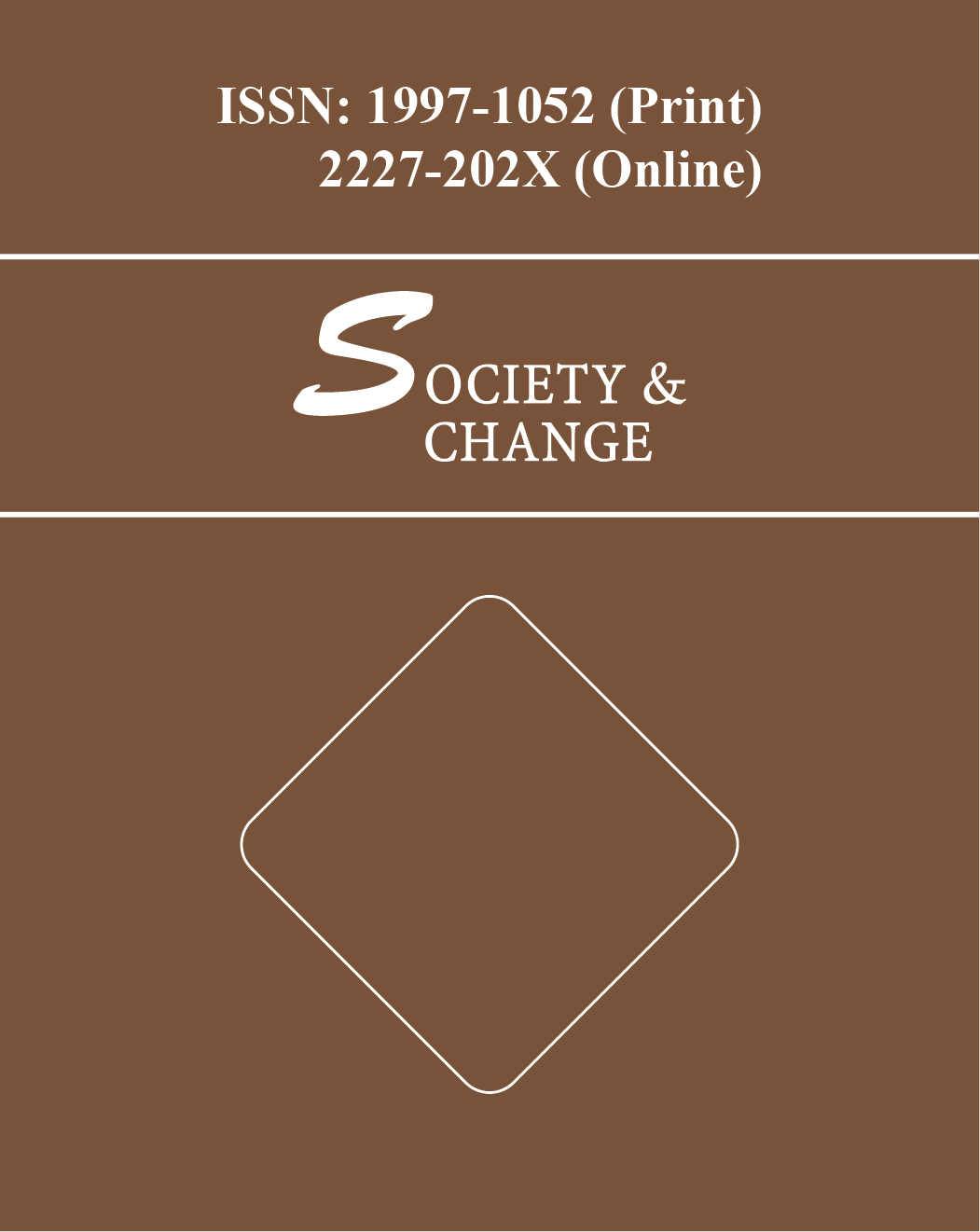This paper provides an overview of e-government efforts against corruption in Bangladesh based on the relationship between e-government and anti-corruption efforts in general. Specifically, it discusses what Bangladesh’s government has done to reduce corruption using ICT. It highlights two factors. First, there is a strong relationship between ICT use and low corruption. Second, many successful e-government services dramatically reduce corruption. The purpose of this paper is to examine the need for e-government services for the purpose of reducing corruption in Bangladesh (what we have done) and to suggest what we have to do. In particular, the paper analyzes e-government efforts against corruption in Bangladesh. An empirical analysis is developed and tested in order to examine the relationships between e-government and anti-corruption efforts in Asian countries. Time series data are collected from the United Nations (UN) e-government survey and Transparency International’s (TI) annual report. The empirical analysis verifies that corruption decreases when the use of ICT in government increases. It then explores what Bangladeshi governments have done against corruption through e-government efforts. It is evident that there are many limitations to these efforts and challenges in maximizing the benefits of e-government and opportunities for reducing corruption in Bangladesh. Concluding remarks emphasize what the Bangladeshi government has to do in order to overcome technological weakness, lack of infrastructure, limited human capital, and low budget from the government.



 Additional Indexing
Additional Indexing